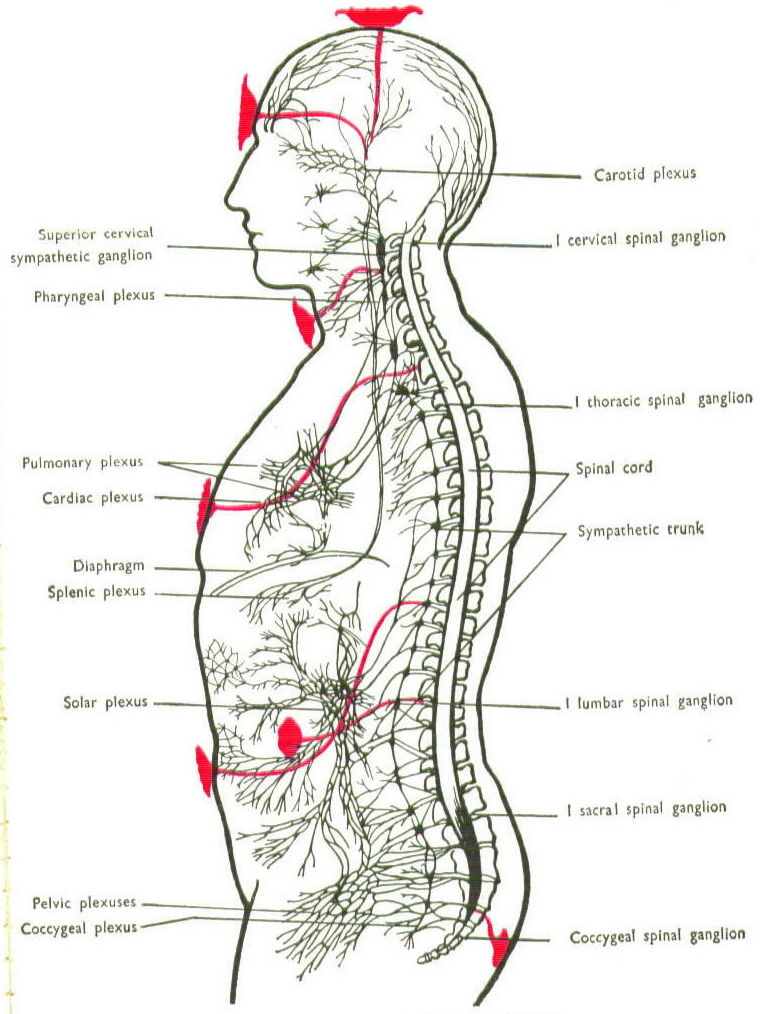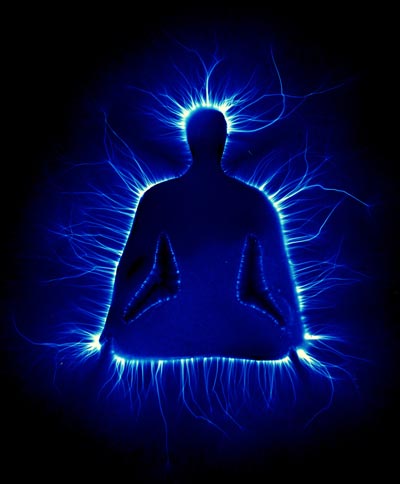
Beliefs about the impact of the aura on a person can vary depending on the spiritual or cultural context. In some traditions, the aura is believed to have a direct influence on a person's physical, emotional, and spiritual well-being.
For example, in some systems of Ayurvedic medicine, the aura is considered to be a reflection of a person's dosha, or individual constitutional type. Imbalances in the dosha can manifest as imbalances in the aura, leading to physical and emotional symptoms. Treatment may involve various techniques, such as massage, meditation, and herbs, to restore balance to the aura and the dosha.
Similarly, in some spiritual practices, the aura is thought to be linked to a person's spiritual development and can be influenced by their thoughts, beliefs, and actions. Positive thoughts and actions are said to create a more radiant and harmonious aura, while negative thoughts and actions can create blockages or imbalances in the aura.
Some people believe that the aura can also be affected by external factors, such as exposure to electromagnetic radiation or environmental toxins. This can lead to imbalances or disruptions in the aura, which in turn may impact a person's physical and emotional health.
It's important to note that there is currently no scientific evidence to support the existence of the human aura or its impact on a person's well-being. While some people may find spiritual or holistic practices that involve working with the aura to be beneficial, it's always a good idea to consult with a qualified professional for any concerns.
Simillar Blogs
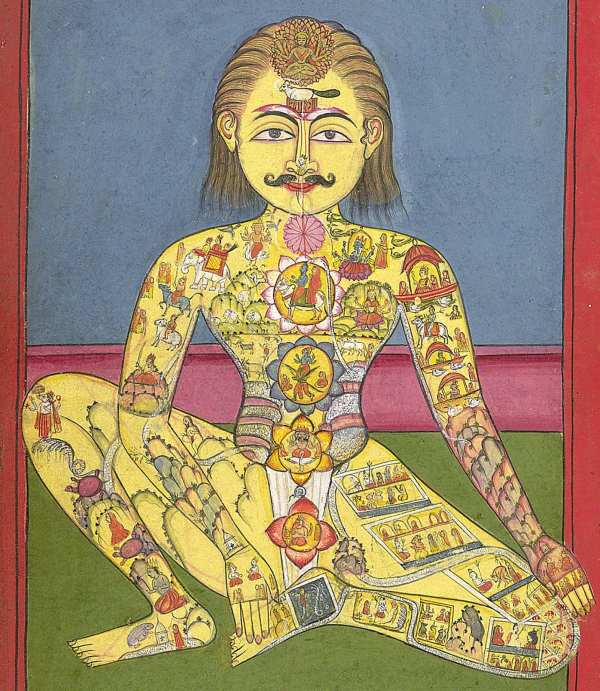
Chakra Awakening
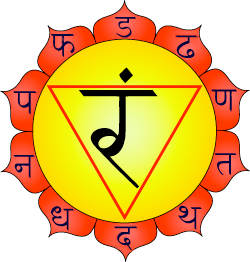
Solar Plexus Chakra
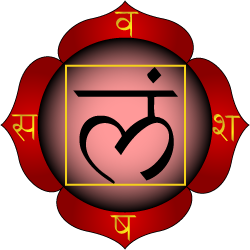
The Root Chakra
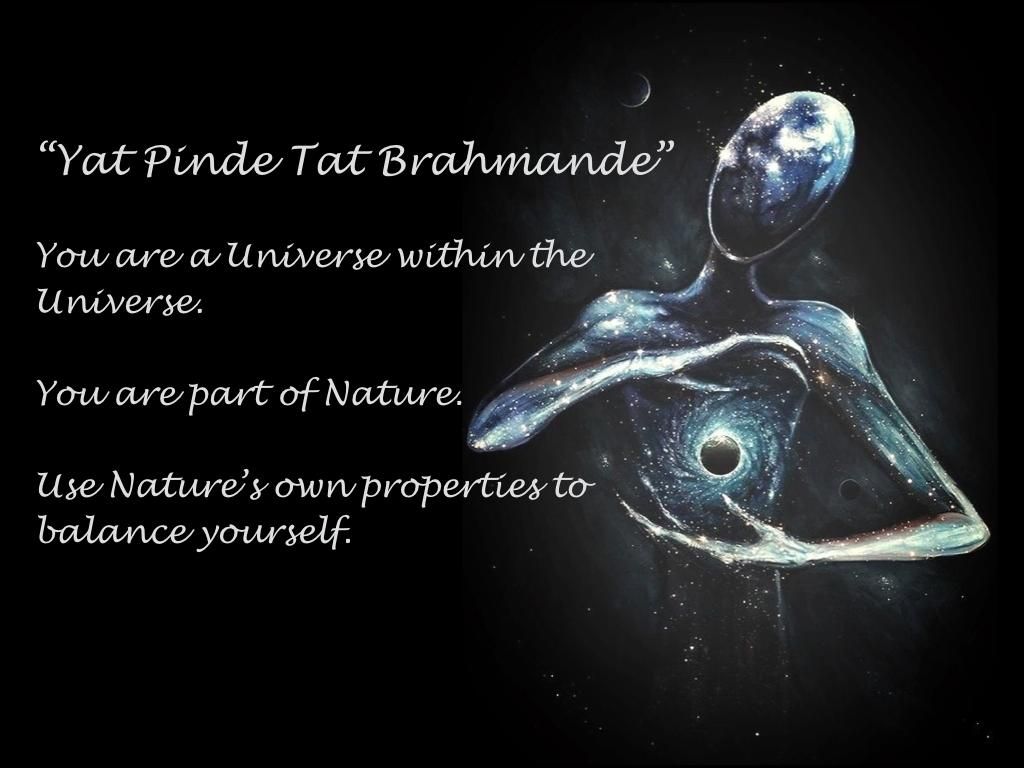
Yat Pinde Tat Brahmande

The Sacral Chakra
